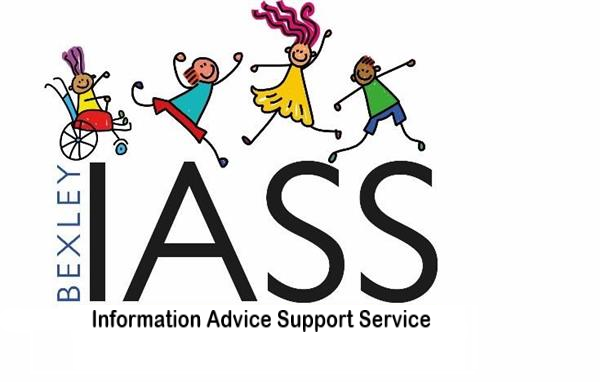Working with professionals to support your child’s needs:
You know your child best and you are their most fierce advocate, you will therefore have really important information to ensure the school are kept informed. This might include information on:
- clinical appointments,
- medication,
- changes to diagnosis,
- changes at home that might impact school,
- what strategies you use at home that work best and,
- how you support your child’s specific needs.
Often parents & carers are using clever strategies without even realising and it can be less confusing for a child where the strategies at home and school are the shared and remain the same.
Parents, carers and the school are equal partners working together to find ways to support a child or young person and include their views.
The views of the child should be the focus of all discussions.
What does the Law say:
Parents know their children best and it is important that all professionals listen and understand when parents express concerns about their child’s development. They should also listen to and address any concerns raised by children and young people themselves. ( SEND Code of Practice 2015 6.20)
Where a pupil is receiving SEN support, schools should talk to parents regularly to set clear outcomes and review progress towards them, discuss the activities and support that will help achieve them, and identify the responsibilities of the parent, the pupil and the school. Schools should meet parents at least three times each year. ( SEND Code of Practice 2015 6.65)
These discussions will need to allow sufficient time to explore the parents’ views and to plan effectively. ( SEND Code of Practice 2015 6.69)
The views of the pupil should be included in these discussions. This could be through involving the pupil in all or part of the discussion itself, or gathering their views as part of the preparation. ( SEND Code of Practice 2015 6.70)
The voice of the Child
When working with children or young people it is essential to gain a clear picture of their wishes, thoughts and feelings. It is good practice to ask the child or young person which professional they would like to gather this information from them.
What does the Law say?
Children have a right:
- to receive and impart information
- to express an opinion and
- to have that opinion taken into account in any matters affecting them from the early years (SEND Code of Practice 2015 1.6)
- Local authorities should consider whether some young people may require support in expressing their views ( SEND Code of Practice 2015 1.10)
Partnership working
The relationship between a parent or carer and professionals working with their child can sometimes be strained.
If this is the case talk to school, local authority, health or social care professional as soon as possible so that you can be reassured about what is happening. Try to maintain a calm and friendly approach, a positive relationship with the professionals working with your child.
Ideas for partnership working:
- Write down the key areas you wish to discuss before calling or meeting with professionals.
- Approach the professionals offering to work with them to provide consistent support for your child both at home and at school.
- Invite your child to meetings if appropriate.
- If the child cannot attend, share your child’s One Page Profile. ( Remember to gain your child’s consent to share this document if they are 16 or over)
- Acknowledge the professionals views and any support they are offering.
- Be ready to discuss your child’s needs and what interventions you have found to help at home.
One Page Profiles:
One way to capture the voice of a child or young person is a One Page Profile which will provide professionals coming in contact with the child or young person an at a glance way of knowing what is important to them and how to meet their needs.
A One Page Profile captures all the important information on a single sheet of paper under three simple headings:
- what people appreciate about me,
- what’s important to me and,
- how best to support me.
To find out more about One Page Profiles and for some examples please click here: One-page profile | HSA | Personalisation | Consultancy (helensandersonassociates.co.uk)
Preparing for Meetings:
IASS have developed a Preparing for School Meetings guide to support parents, carers and young people to get the best from their meetings: CLICK HERE
The IASS team have also developed an Easy Read Preparing for School Meetings guide CLICK HERE
To support you in meetings with the school or college, if your child does NOT have an Education Health Care Plan (EHCP) please refer to our page on: SEN support
If your child does have an EHCP in place, please contact the Statutory SEN Case Officer assigned to them to discuss any issues you may have regarding the child’s needs not being met: CLICK HERE
When things go wrong
You may find you need to resolve a complaint with the school, local authority or other professional working with your child.
There are strict processes you must follow in doing so.
Click here for more information on Understanding your rights (bexleyiass.co.uk)
